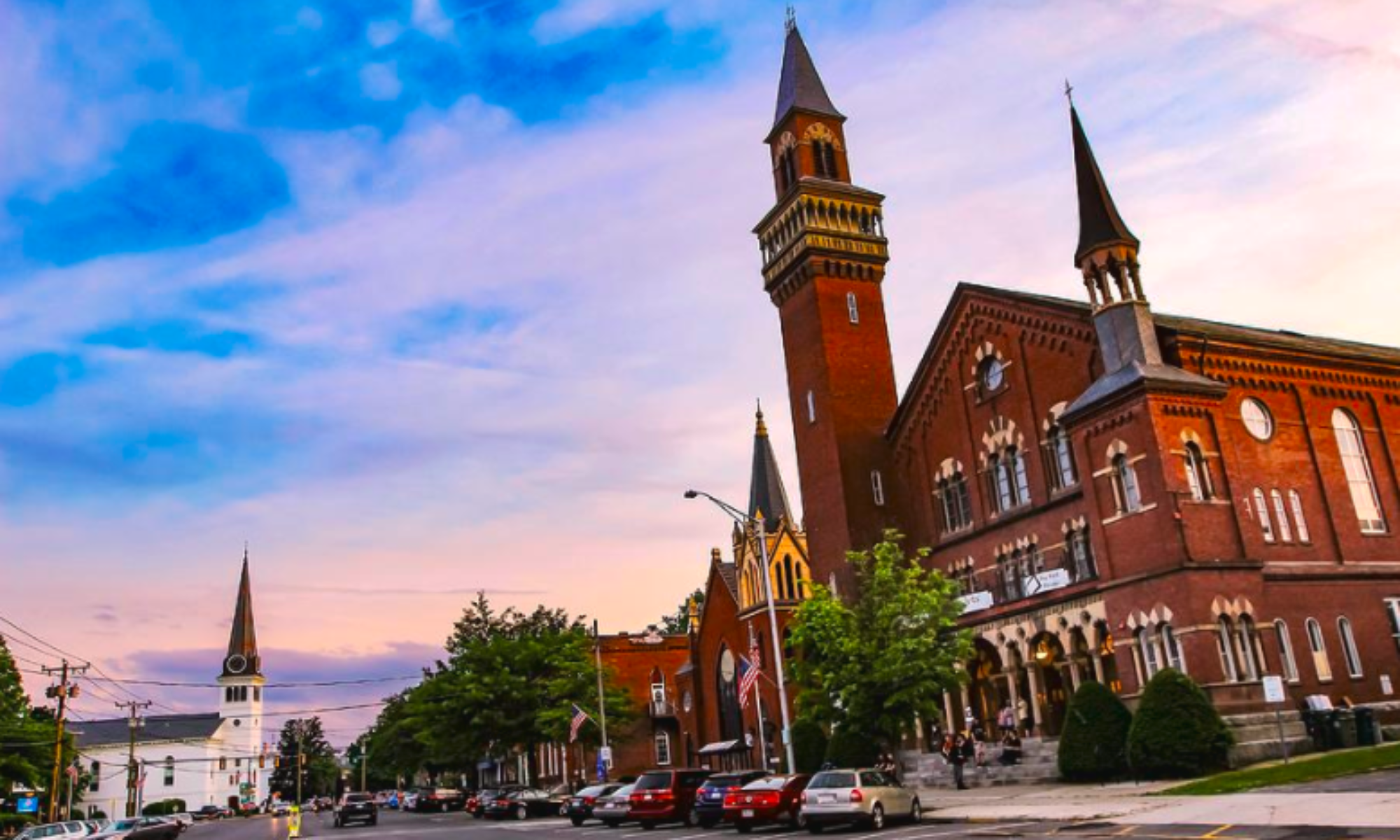(BOSTON – 04/07/2022) The Massachusetts Senate on Thursday passed S.2801, An Act Relative to Equity in the Cannabis Industry. Through the creation of a new fund that aims to support equity in the cannabis industry and improvements to the local licensing process, the bill levels the industry playing field to help members of communities disproportionately harmed by marijuana prohibition and enforcement take part in the Commonwealth’s growing cannabis market.
During the Senate’s debate of the bill, Senator John C. Velis (D -Westfield) filed an amendment to support municipalities in constructing agreements with prospective cannabis businesses. The amendment was unanimously adopted.
Amendment 15 would require that the Cannabis Control Commission develop a model host community agreement to serve as guidance for municipalities and prospective cannabis licenses. In addition, the amendment would require that if the CCC does reject a host community agreement, that they must provide written notice to the municipality and the prospective cannabis license of what criteria was not met.
“For so many municipalities in our Commonwealth, but especially for smaller communities like those in Western Massachusetts, these contracts with cannabis businesses are a critical source of revenue,” said Senator Velis during his remarks on the Senate floor. “It’s important that we work to support our municipalities in this process. After all, it is in these communities where the cannabis establishments themselves will reside. This amendment will ensure that our communities have the information they need to quickly get their contracts across the finish line and get this new revenue into their communities.”

Social Equity Fund
A combination of high entry costs and lack of access to capital have kept many would-be entrepreneurs from taking part, resulting in fewer than seven percent of cannabis licenses in Massachusetts going to social equity businesses.
Opening an average cannabis retail shop can require $1 to $1.5 million in liquidity, and the numbers are even higher for manufacturing facilities –at around $3-$5 million. The social equity fund, created by the legislation, would facilitate new access to capital by making grants and loans, including forgivable and no-interest loans, to equity applicants. The fund will receive ten percent of annual revenue collected from the marijuana excise tax (an estimated $18 million for FY2023). Massachusetts is poised to join a handful of other states in pioneering this program.
Host Community Agreements
The bill also responds to concerns about the process of negotiating Host Community Agreements (HCAs), which have been identified as a key factor in keeping industry entry costs high. The bill re-affirms that fees in HCAs cannot exceed three percent of a cannabis business’ annual gross sales and must be reasonably related to the costs associated with hosting a cannabis business in a city or town.
Other components of the bill include:
- Incentives for municipalities to prioritize equity, through a portion of the marijuana excise tax that is distributed to cities and towns that host social equity marijuana businesses.
- ·A requirement that the CCC establish rules and regulations for municipalities to promote full participation in the industry by previously harmed communities.
- Clarifications to the existing law’s authorization of social consumption businesses, clearing a path for municipalities to permit on-site cannabis consumption businesses in their city or town via local ordinance as well as local referendum.
The bill now moves to the Massachusetts House of Representatives for further consideration.
###
